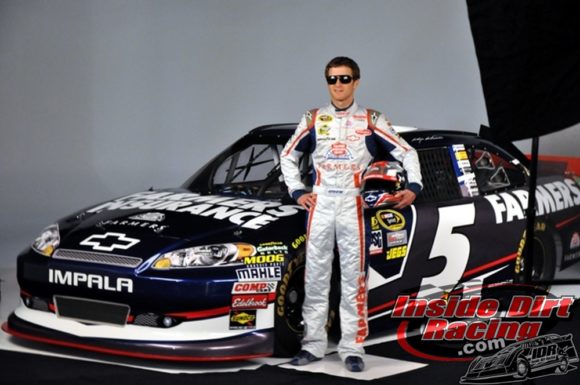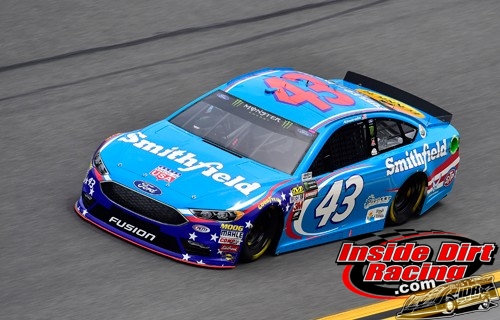There have been some high profile sponsor announcements in NASCAR over the past few weeks. Some backers of major teams are leaving the sport, some are moving to other teams, and some are even involved in lawsuits over the terms of their sponsorship in the sport. One of the root causes for the turmoil between sponsors and teams seems to be the performance, or lack thereof, of those teams receiving the considerable funds being handed to them by their corporate backers.
It is the opinion of this writer( @RichardAllenIDR on Twitter) that such should not be surprising to anyone.
Recently in a piece written by Bob Pockrass of ESPN.com, the amount of money being spent by Farmer’s Insurance to serve as the primary sponsor on the Hendrick Motorsports car driven by Kasey Kahne became known when court records of a lawsuit between that company and the agency that had brokered the deal between Farmer’s and HMS were made public. Without drowning the reader in details and numbers, it boiled down to the company essentially spending $660,000 per race to have the Farmer’s Insurance name on the side of the No. 5 Chevrolet for a select number of races between 2012 and 2017.
That’s a lot of money to be shoveling into a team that wasn’t exactly producing top performance during that time frame.
In another recent sponsor move, Smithfield Foods announced that it was moving its support from Richard Petty Motorsports to Stewart-Haas Racing. That revelation set off a bit of a war of words between RPM and Smithfield which led the meat producer to issue a statement in which it pointed out that the company’s decision was largely based on the lack of performance from RPM on the race track.
Again, here is a company that appears to be tired of sinking large amounts of money into a race team that was not producing the results they wanted.
The United States economy is based on performance. The stock market rises and falls based on whether or not the corporations represented there are achieving the desired results in sales and profits. Racing, and just about every other aspect of society, now is seemingly being held to those same standards.
When NASCAR was at its peak in the early 2000’s with excellent attendance and elevated television ratings, companies appeared to be lining up to get involved in the sport and were willing to support cars that ran somewhere other than the front of the pack just be associated with that form of racing. But with attendance and TV numbers now down dramatically, companies need to get more bang for their bucks.
With the changing landscape of marketing in America these days, companies have to be more careful with regard to how they spend their advertising dollars. The audience they may be trying to reach might not be watching NASCAR, or any other sport for that matter. As a 49-year-old high school teacher who is surrounded by teenagers everyday, I can attest that today’s kids just aren’t the sports fans that they were when I was their age. So if a corporation wants to target a younger audience, NASCAR(and sports in general) may not be the place to look.
To support that in a very unscientific way, I conducted a poll in my two Psychology classes a few days ago. When I asked the classes comprised primarily of 11th and 12th graders how many of them would label themselves as sports fans, barely 10% of the 50 students said they would.
That said, if a company is going to invest the amount of money mentioned above, they are most likely going to demand more for that investment than just a commercial or two featuring their car and a few driver appearances. They are going to want their car getting maximum television exposure by running near the front of the field.
And there’s nothing wrong with that. Who wants to dump millions of dollars into a project that isn’t working. As we are seeing in this politically correct society we now live in, any act that embarrasses a sponsor of anyone or anything will more often than not result in a pulling away by that company. Why should embarrassing or below par performance be any different?
We’re not supposed to live in a society in which mediocrity is rewarded. While that may be changing to some degree, it is probably not the case when millions of dollars are at stake.
Please direct comments or questions to @RichardAllenIDR on Twitter







